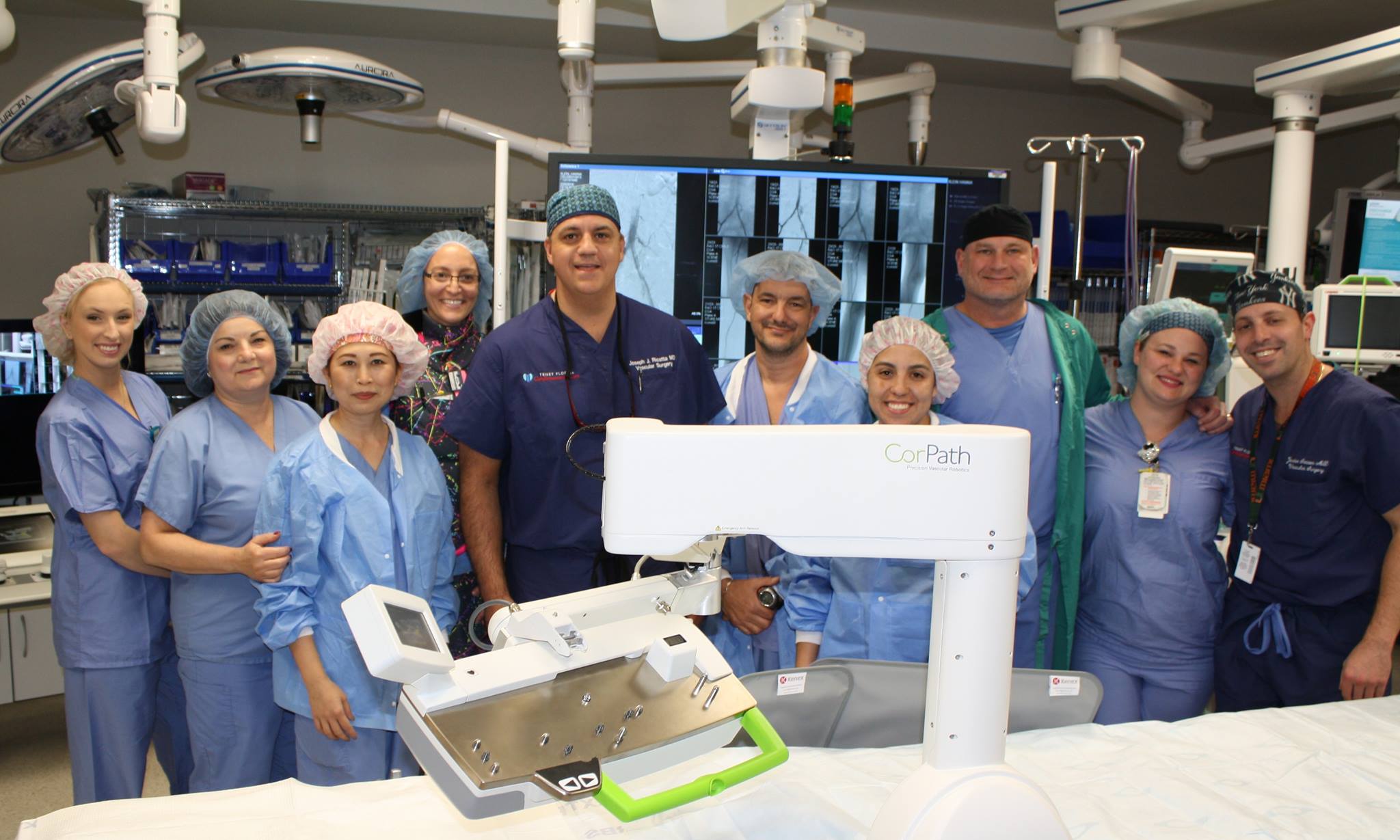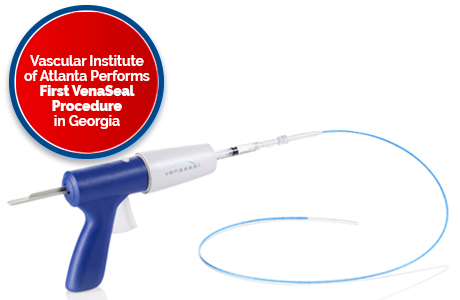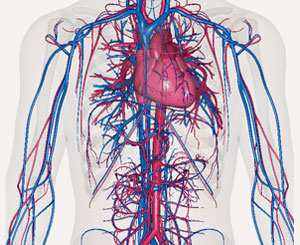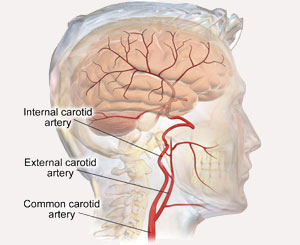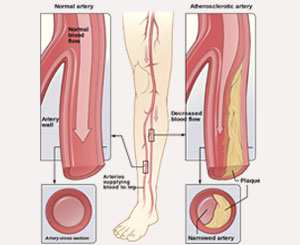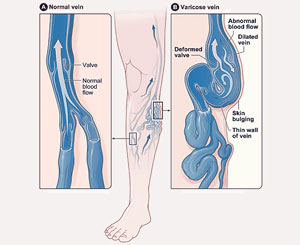If you know someone who has suffered a stroke, you may know what a challenge recovery is for everyone involved. While we all hope that it doesn’t happen to us or to someone we know, it’s always important to have an understanding of what you should know if it does.
ASK QUESTIONS…AND THEN ASK SOME MORE. If you’ve been tasked with caring for someone who has suffered a stroke, pay attention to what medications they’ve been prescribed and ask about their side effects. Other important questions may involve things regarding the layout of your home and whether you’ll need to make modifications to accommodate the needs of the stroke survivor. Don’t be afraid to speak with a doctor, nurse, or therapist until you’re certain what is to be expected.
REDUCE FUTURE RISKS. People don’t always realize that stroke survivors are often at an increased risk of suffering from another stroke if treatment recommendations are not followed. Aside from making a point to take medications as prescribed, diet and exercise are extremely important, as are making all scheduled doctor’s appointments.
RECOVERY IS DEPENDENT UPON MULTIPLE FACTORS. While it’s easy to recommend the adoption of a healthy lifestyle post-stroke, it’s important to understand that recovery is dependent upon many factors and is extremely individual. For starters, one of the greatest factors involves how much of the brain was affected, as well as the amount of support your loved-one receives during their initial rehabilitation and how healthy they were before the stoke.
RATE OF CHANGE VARIES. During the rehab process, speed of recovery may vary. The most rapid portion of recovery may happen within three to four months post-stroke; however, continued gains may be seen into the first or second year.
PAY ATTENTION TO CHANGES IN BEHAVIOR/MOOD. It’s fairly common to see signs of depression in individuals who have suffered a stroke, especially if their ability to care for themselves has been hindered. Still, it’s important to keep an eye on any mood changes that may hinder the survivor’s recovery. Seek assistance when necessary and make a point to speak with a doctor if conditions do not approve.
UNDERSTAND THEIR INSURANCE COVERAGE. Insurance coverage can be a tricky thing, especially if you’ve never had to deal with a major illness. If you’re the main caregiver for someone who is still dealing with the aftereffects of a stroke, make a point to learn the ins-and-outs of the insurance process. Rehabilitation services can vary a great deal from one facility to the next, so speak with your loved-one’s doctor, case manager, or social worker to find out what is covered and for how long.
In the end, recovery from a stroke is an extremely individual process; however, as caregiver, it’s important to be prepared so that your loved-one’s recovery will go as smoothly as possible. If you have any questions, you may want to consider speaking with a board certified vascular surgeon who can not only help you understand how to prevent future strokes, but how to manage any after effects.
If you’d like more information about the diagnosis, prevention, and treatment of stroke, please contact our office.
Dr. Joseph J. Ricotta II MD, MS, FACS
Vascular Institute of Atlanta
www.AtlVascular.com
470-355-3053

